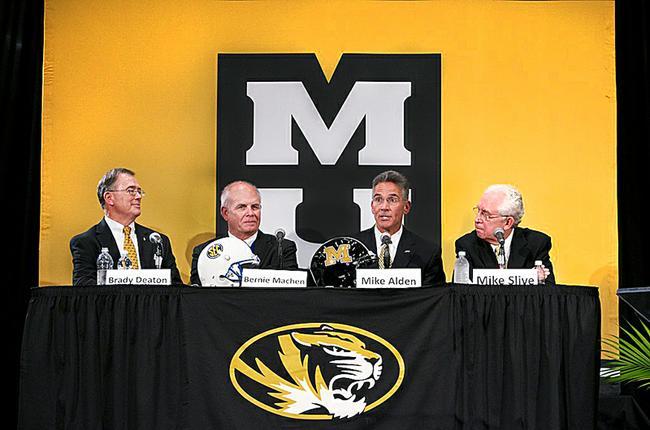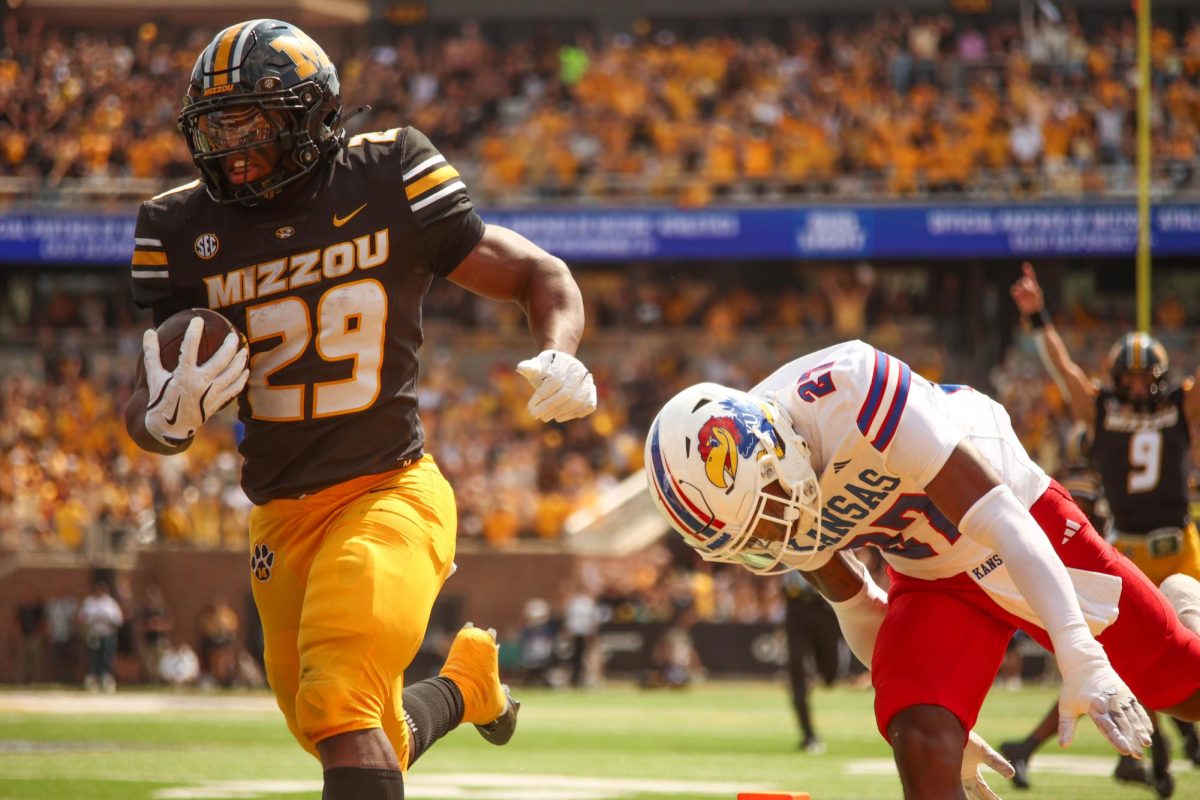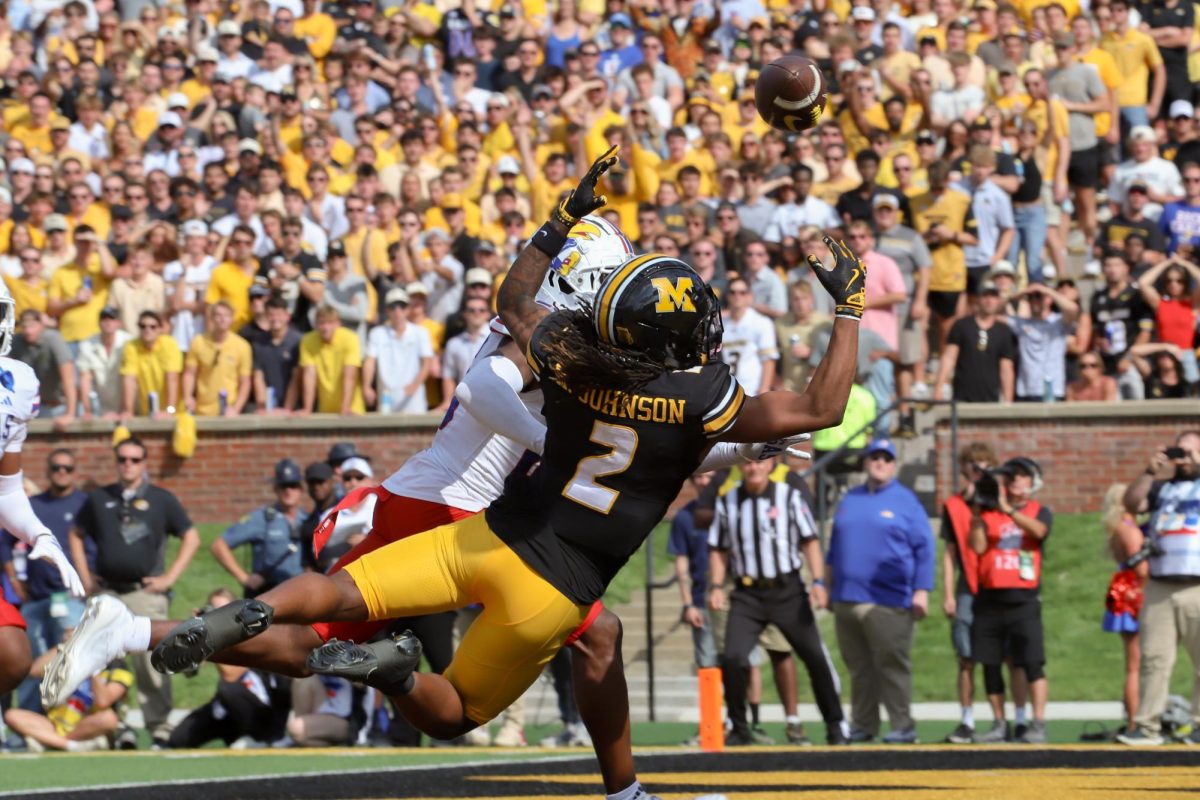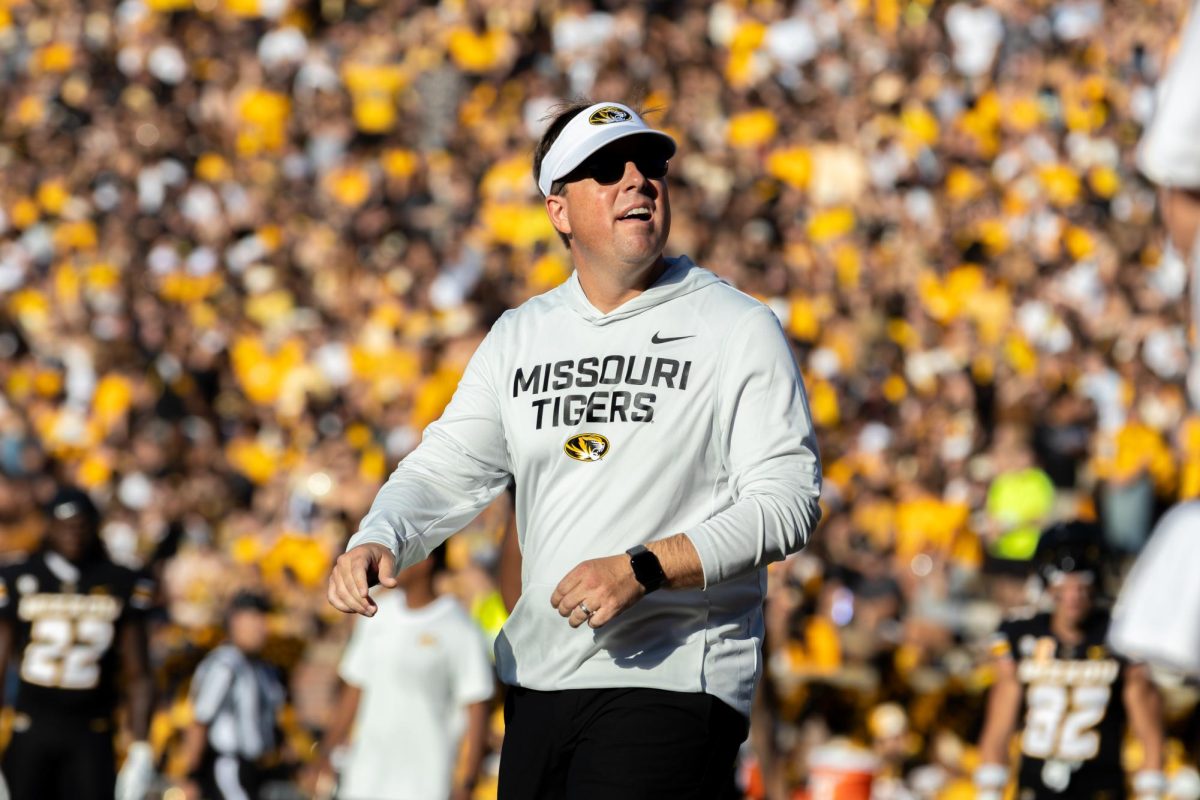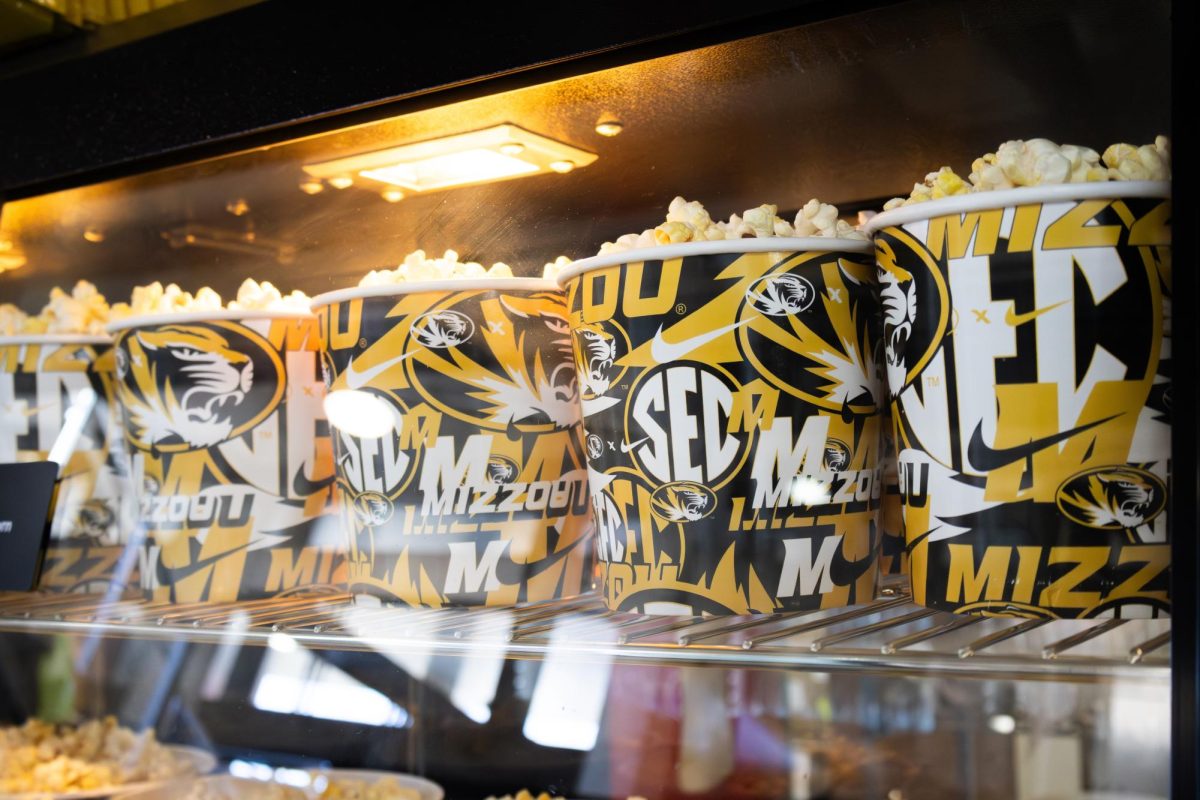MU made a momentous move when it announced its intention to join the Southeastern Conference on Sunday. But Missouri’s leaders understand that competing athletically in such a large conference depends on the size and strength of your athletics department.
And in that respect, MU has a ways to go before it can compare with its new SEC brothers.
“We have to keep that pace going and we have to keep moving forward,” MU Athletics Director Mike Alden said. “I would tell you that stepping into the SEC, it’s important that we recognize how important that is, and that we may need to continue to turn that up even another notch.”
According to comments made by Alden in June, it appears the school has begun to make those steps. Missouri’s budget was $53.2 million in 2009-10, but Alden has indicated the current budget is closer to $65 million. That budget would still rank 11th in the SEC with Texas A&M’s admission to the conference, but the school still hopes the gains it makes in revenue will change that down the road.
Missouri was enticed to join the SEC mainly due to the conference’s more stable revenue sharing plan, which will offer MU a larger payday than the Big 12 could offer.
According to a report from The Associated Press, Missouri could potentially earn $19.25 million in 2012 from SEC TV contracts, a nearly $3 million difference from the Big 12’s expected output. From 2007 to 2009, Missouri reportedly received $22.6 million from the Big 12.
The report also stated Missouri expects a larger “per member share potential” (nearly $12 million more annually) due to the SEC’s expanded TV footprint in Texas and the Midwest.
“We’re very fortunate we’ve been able to develop revenue from various sources,” SEC commissioner Mike Slive said. “We are stable and we have long term contracts that, I think, really show the long term financial stability of our athletic programs.”
Missouri must deal with the financial requirements for leaving the Big 12 before it can focus on the gains it stands to make from the move. When Nebraska and Colorado exited the Big 12 in 2010, the league initially sought $19.4 million and $15 million respectively from their final years of conference income according to its bylaws.
According to the report, the school faces a harsher exit fee since it intends to leave in time for the 2012 football season. The fee itself could total $25.9 million, and would also demand Missouri to turn over the remainder of its 2011 TV revenue and all of its projected 2012 TV money to the Big 12.
The report said the school could’ve reduced the penalty to $10.4 million if it had given at least two years notice ahead of its departure. Similarly, the conference reduced the penalties for Nebraska to $9.25 million and Colorado to $6.86 million of its income last year.
On Sunday, MU chancellor Brady Deaton denied the university knew exactly how much bolting for the SEC would cost but insisted Missouri would foot any bill.
“We understand the bylaws of the conference and the expectations regarding some range of exit fees,” Deaton said. “Let me simply say that the University of Missouri will bear those responsibilities. They are not the Southeastern Conference’s responsibilities.”
Slive cited the SEC’s revenue distribution, which is based on the number of television appearances made by individual institutions, as a reason why the conference appears so stable for incoming schools like Missouri.
“One of the great hallmarks of this league is that when you’re a member of the SEC, you are a member in every sense of the word,” Slive said. “We share in just everything that we do in an equal way.”


